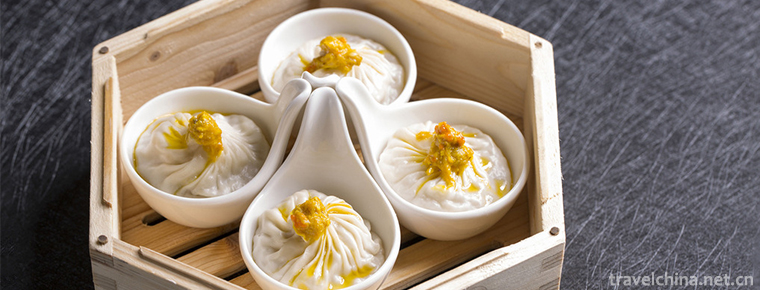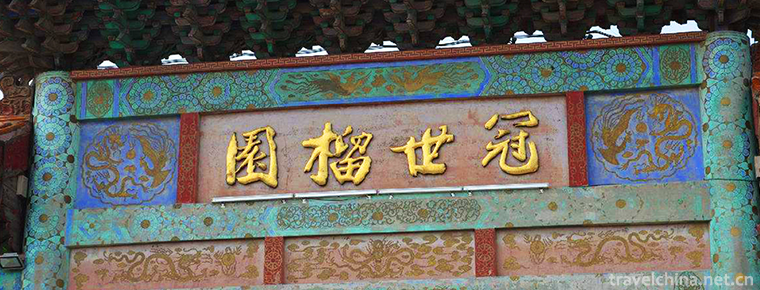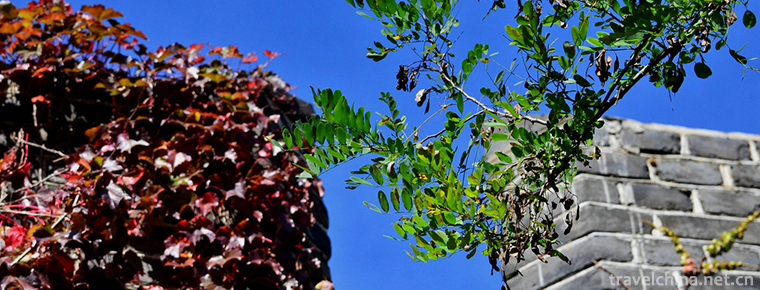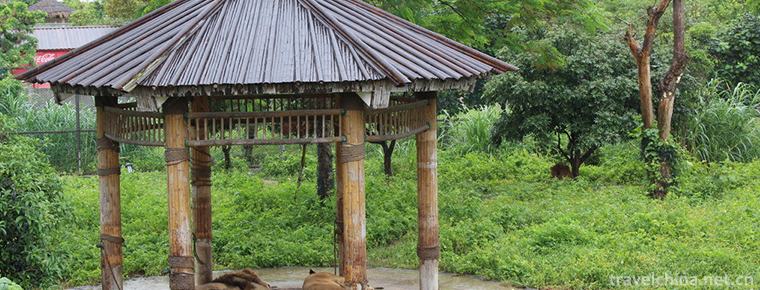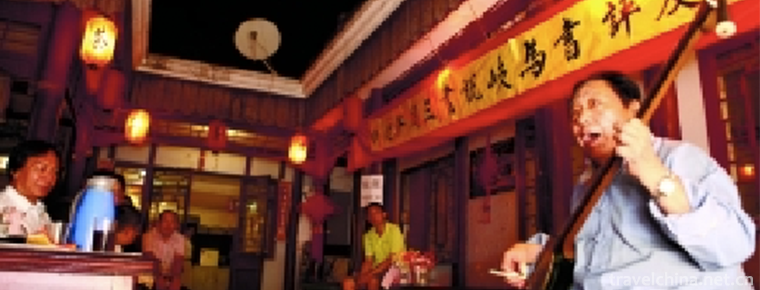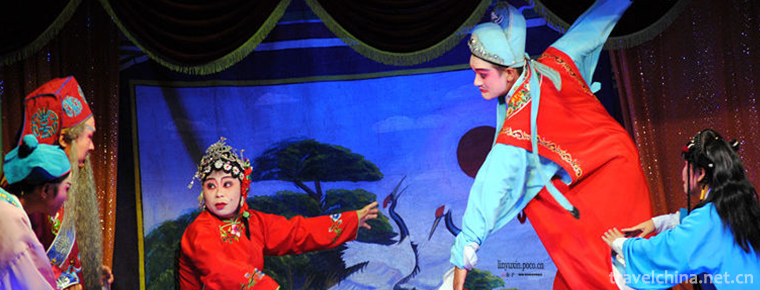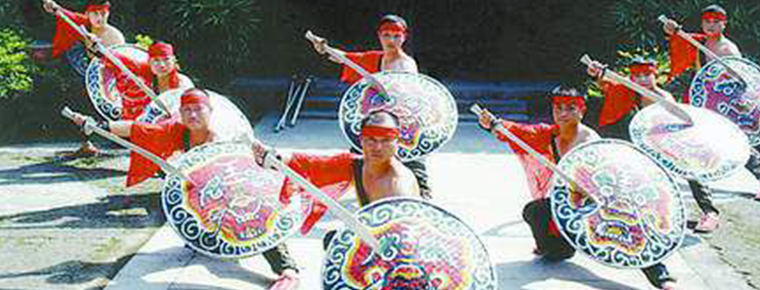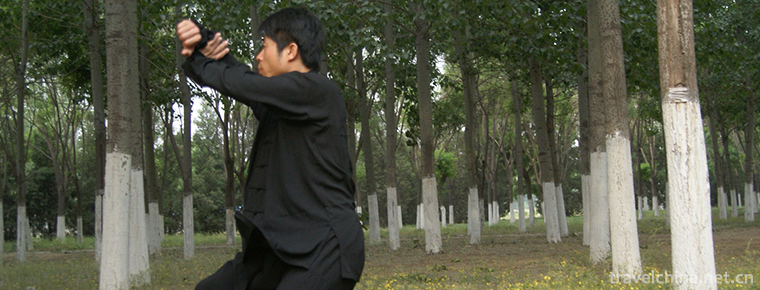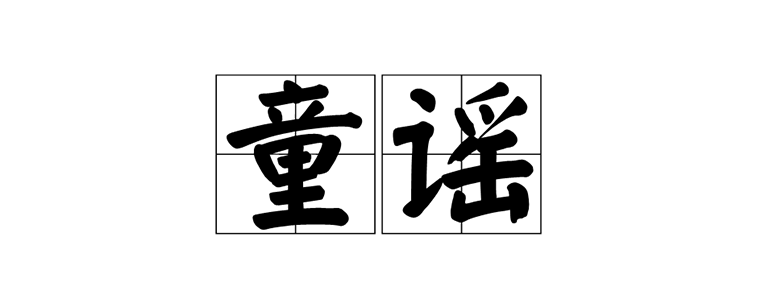Xiping Folk Song
Xiping Folk Song
Xiping Folk Song is a traditional folk song in Xiping Town, Xixia County, Nanyang City. Xiping Town, located in the hinterland of Funiu Mountain in Western Henan Province, is located in the combination of Henan, Shaanxi and Hubei. Its unique geographical and living environment has created rich local folk songs, which have lasted for hundreds of years. It is a very precious cultural heritage of the existing traditional folk music in Henan Province. Xiping folk song is rich in content and unique in personality. It has many forms of singing, such as solo singing, two-person singing, multi-person singing and chorus singing. It is rare in the Central Plains area to find musical instrument accompaniment. What is more valuable is that the local people have maintained a system of inheritance from generation to generation and participation by all. Strengthening the protection and research has a very high cultural value for the promotion of traditional folk art.
On June 7, 2008, Xiping Folk Song declared by Xixia County of Henan Province was listed in the second batch of national intangible cultural heritage list with the approval of the State Council. Heritage serial number: 579 II-80.
historical origin
Xiping folk songs originated in the Han Dynasty, and lasted for nearly two thousand years, showing strong vitality. It is the main connotation of more than 50 kinds of folk arts, such as Xiping Caiyun Dance, Tea Picking and Butterfly Pushing, Flower Chair, Stilts, Rolling Stopper, Hedgehog Dance and Bamboo Horse. Folk singers use these traditional folk art forms to go from village to village, singing about life, love and history. Inheritance of history and culture, science and life, labor and experience, enrich people's spiritual and cultural life. In the occasions where people gather under the shade, by the fire and at Temple fairs, Xiping folk song fans will sing loudly. Folk song has become the main form of cultural activities for major festivals, traditional festivals and daily life in our town. In today's rich and colorful cultural and artistic forms, Xiping folk songs still have a strong influence and attraction within a hundred kilometers of our town and even in Henan, Hubei and Shaanxi.
According to textual research, the traditional folk songs in Xiping area had been spread in the Han Dynasty, and began to prevail in the Tang Dynasty. In this deep mountain area, there was a custom of "Tang generals" working together (that is, changing teams) long ago. Legend has it that after Li Yuan built the Tang Dynasty, fearing that meritorious soldiers would be proud of their merits and rebellion, he left them collectively in the mountains of Western Henan and Eastern Shaanxi to cultivate wasteland and lead a monotonous life. They sang songs, played dumb riddles and shouted labor slogans while working, so as to eliminate fatigue and relieve depression. By the end of Ming Dynasty and the beginning of Qing Dynasty, the drought in Wanxi caused a sparse population. Six times immigrants from Hongtong, Shanxi, under the great locust tree, came together with immigrants from Anhui, Hubei and other southern areas in Xiping. All kinds of cultural hybridization and collision have promoted the prosperity and development of Xiping folk songs by expressing their joys and sorrows through folk songs. So the traditional art of folk song developed and passed down on the ancient land of Xiping.
artistic characteristics
Art Types
The types of Xiping folk songs include folk songs, labor songs, love songs, Life songs and nursery songs, among which labor songs, love songs and Life songs have strong local characteristics. Xiping folk songs are mainly composed of true voice. The male voice is exciting, high-pitched and plain. The female voice is soft, smooth and unrestrained. It can not only express emotions, but also describe things. It is flexible and easy to spread.
artistic form
The labor songs of Xiping folk songs include labor chant and tamping song, which can coordinate action, direct labor and inspire mood; farm songs and fishing songs, which depict labor situation and tell labor feeling; craftsman songs and tea picking songs.
Reflect social life, lyricism. For example, "Tea picking in the first month of the first month is verbose": "Tea picking in the first month of the first month is verbose, new daughters-in-law worships their parents-in-law, red silk coat green silk sleeves, eight dresses towed smoothly; Tea picking in February is verbose, swallows come much more in February, swallows stop over the beams and make nests this year; Tea picking in March is verbose, peony blossoms much more in March..." Some work songs express the hard work and a sense of humour, such as "One Pick of firewood a Day": "One Pick of firewood a day, not black, not back. Come back early unless the sickle falls off. Come back to call Ergeng and order the light for dinner. Go out to urinate and come back to the chicken to bark. Wash your face with boiling water and the bright stars are still shining.
Expressions
The love songs in Xiping folk songs are simple, vivid, humorous and interesting in expression. They have a sense of picture and image. Whether they express the passion of love, the entanglement of love, or the sadness of parting and the desire for love, they all express frankness and sincere feelings.
In addition, there are many rivers in Xiping, Qi River, Xixia River and Heichahe River converge. Big girls and little daughters-in-law love to wash their hair and clothes by the river. Young men work in the fields by the river, and love songs by the river are born. For example, "The black river is full of water, and the girl washes her clothes by the river. What are you doing, washing a small jacket for half a day? When my lover comes to meet, this place is the most suitable place for two people to listen to. Maybe a love song can lead to a good marriage.
Representative Works
In the Life songs of Xiping folk songs, there are many forms of antithetical songs. Among them, the only flower series are Big Pair Flower, Little Pair Flower, Pair Flower, etc.
Inheritance and Protection
Current situation of inheritance
In Xiping Town, people in villages and villages can sing folk songs. In Xiping folk song census, old singers such as Yuan Xianghua, Wei Xiuju, Bao Xingang, Yao Shucheng, Li Xianlan and so on can sing dozens or even hundreds of folk songs. Especially at the 15th Lantern Festival of the first lunar month in the countryside every year, the old singer can rise up with things and sing what he sees. Astronomy and geography, historical stories, folklore and surrounding scenery are all within the scope of singing, just as in Xiping folk song, "The tune has been changed, the Bangzi has been changed to sing Erhuang." Bangzi Opera, once sung, now sings Huagu Tune. The grand opera was sung by dynasties and generations, and the flower drum was compiled. But Xiping folk song is not easy to sing well, there is a song as evidence: "Cherry delicious tree difficult to plant, flower drum good to listen to the mouth difficult to open, to eat cherry early planting trees, to sing flower drum you come off." However, with the changes of the years and the progress of the times, the original farming production mode has changed. With the impact of modern culture and the death of old folk singers, few people can sing Xiping folk songs.
Current status of protection
Since 2000, in order to make Xiping folk songs play brilliant again, Xixia County has saved Xiping folk songs by sorting out books, recording and making compact discs, and applied for intangible cultural heritage projects. In February 2007, Xiping folk song entered the first batch of intangible cultural heritage list of Henan Province, and in June 2008, it entered the second batch of national intangible cultural heritage list. Xiping Folk Song Protection Fund has been set up in Xixia County to protect the existing old folk singers, set up Xiping Folk Song Singing Team, hold Xiping Folk Song Competition and Xiping Folk Song Singing Activities, train Xiping Folk Song Singing Team, organize personnel to sing Xiping Folk Song in rural lantern and temple fairs, teach students to sing Xiping Folk Song in primary and secondary schools, and sing Xiping Folk Song in all tourist attractions in Xiping County. Let more people know Xiping folk songs, sing Xiping folk songs, so that Xiping folk songs fly out of the mountains and go to the world.

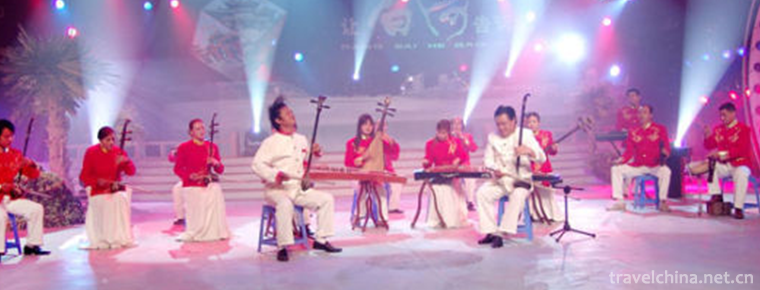
-
Crab Dumplings in Soup
Crab yellow soup bag is a traditional snack in Jiangsu Province. The crab yellow soup bag is made of crab yellow and crab meat with stuffing.
Views: 148 Time 2018-10-27 -
Guanshi Pomegranate Garden Eco cultural Tourist Area
Guanshi Pomegranate Garden Eco-cultural Tourist Area is located in the south of Zaozhuang City, Shandong Province, and in the west of Fucheng District. It is 22.5 kilometers long in East and 22.5 kilo.
Views: 158 Time 2018-12-26 -
Hushan Great Wall
Hushan Great Wall is situated on the Yalu River, 15 kilometers east of Dandong City. It is an important scenic spot in the national Yalu River scenic spot. It is across the river from Korea's Yuchidao.
Views: 122 Time 2019-01-16 -
Xiangshi Zoo
Xiangshi Zoo is invested and constructed by Dongguan Yuye World Industrial Investment Co., Ltd. The total investment of the project is estimated to be 350 million yuan..
Views: 139 Time 2019-02-25 -
Beijing storytelling
Beijing Book Review is a traditional art of rap and singing. Legend has it that Liu Jingting (1587-1668), a Southern Jiangnan storyteller, came to Beijing in the late Ming and early Qing Dynasties.
Views: 451 Time 2019-04-04 -
Dragon Boat Making Skills
Dragon boat craftsmanship is an ancient traditional handicraft. Zhongtang Town, Dongguan City, Guangdong Province, has a history of more than 1000 years. Zhongtang Town is a typical water town, locate.
Views: 171 Time 2019-05-15 -
PuXian opera
Puxian Opera is one of the oldest operas in China. It originated in Tang Dynasty, became in Song Dynasty and flourished in Ming and Qing Dynasty. It is known as the "living fossil" of Southe.
Views: 115 Time 2019-06-09 -
Shaheteng Array
The rattan array is the only ancient combat technology in northern China. It has gone through hundreds of years since Ming Dynasty. Today, it only exists in Shilipu Village, Shahe City, Hebei Province.
Views: 341 Time 2019-06-12 -
Mantis Boxing
Mantis boxing is one of the famous Chinese traditional Wushu schools, and it is a kind of hieroglyphic boxing. It is one of the four famous boxing in Shandong Province and one of the first nine school.
Views: 139 Time 2019-06-18 -
Nursery rhyme
Nursery rhymes are short poems written for children, emphasizing rhythm and rhyme. They are usually spread orally. Many nursery rhymes are processed and spread according to the idioms in ancient ritua.
Views: 158 Time 2019-06-23 -
Social security in Luzhou
By the end of 2017, the total number of participants in basic endowment insurance in Luzhou city was 2662800, an increase of 130700 compared with the end of the previous year. At the end of the year, 1031700 people participated in the basic endowment insurance for urban employees.
Views: 331 Time 2020-12-14 -
Nanchongs tertiary industry
In 2019, investment in real estate development in Nanchong will increase by 23.6% compared with that in 2018. The construction area of commercial housing was 31.8726 million square meters, an increase of 23.5% over that in 2018, of which the newly started.
Views: 335 Time 2020-12-17
